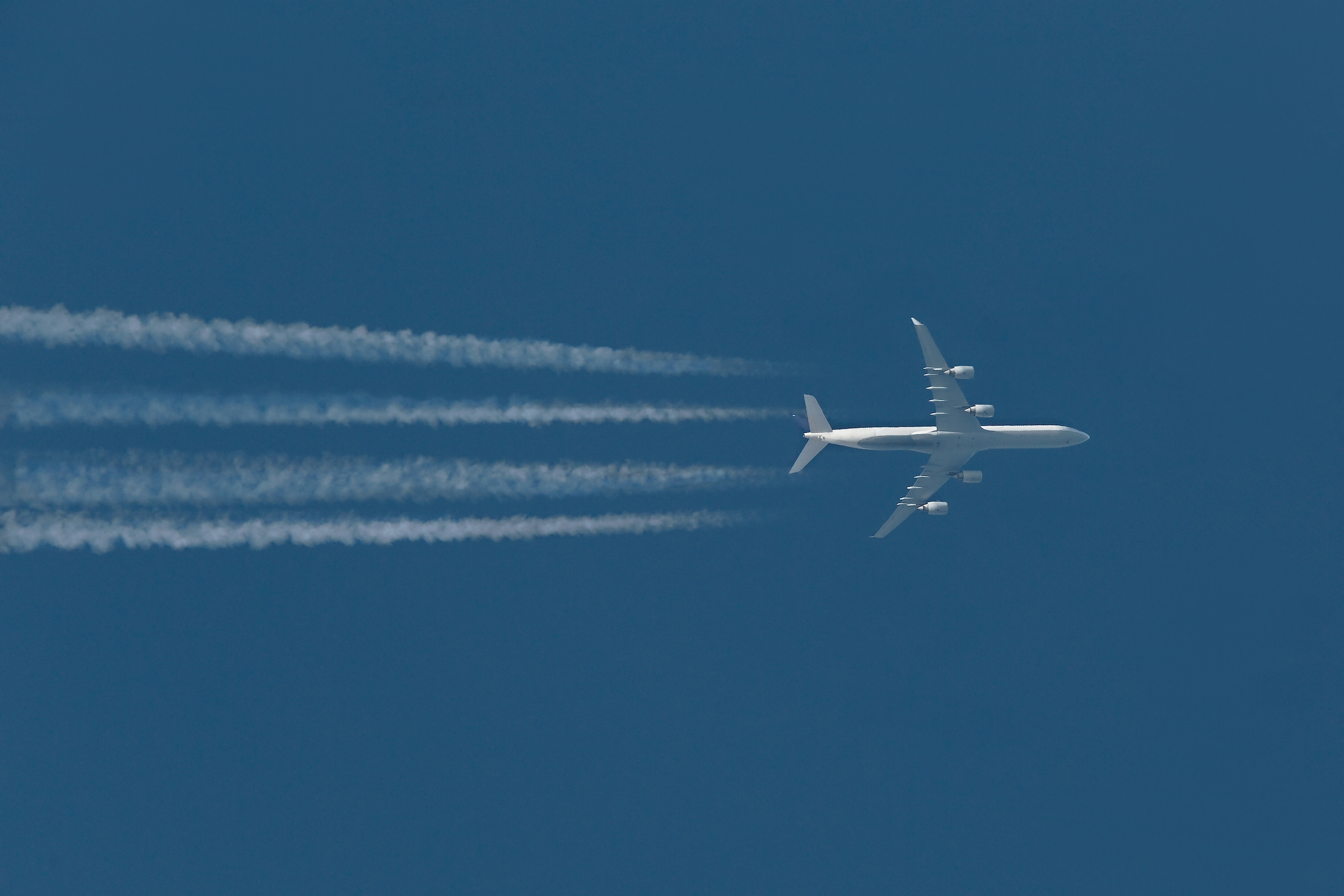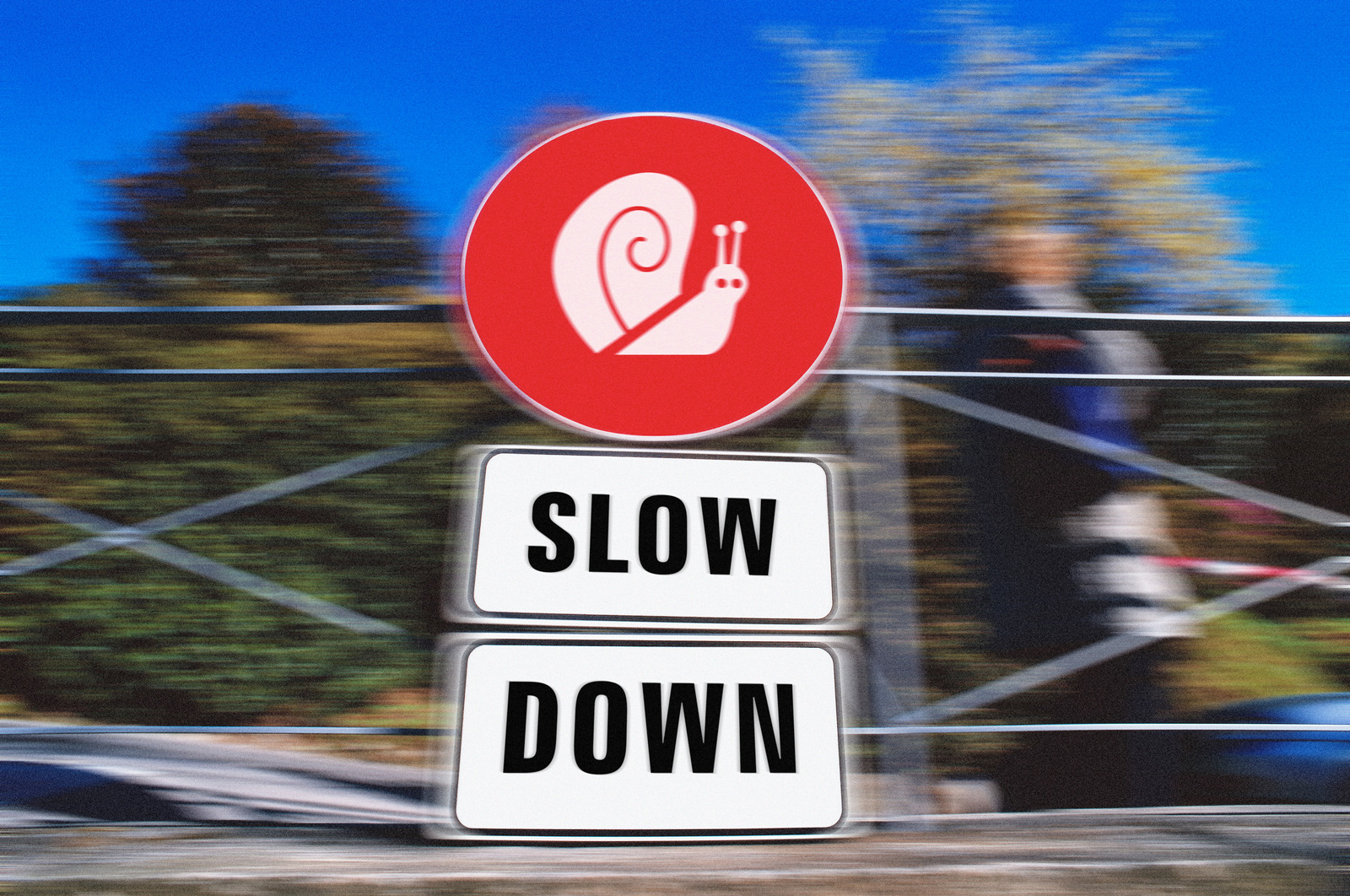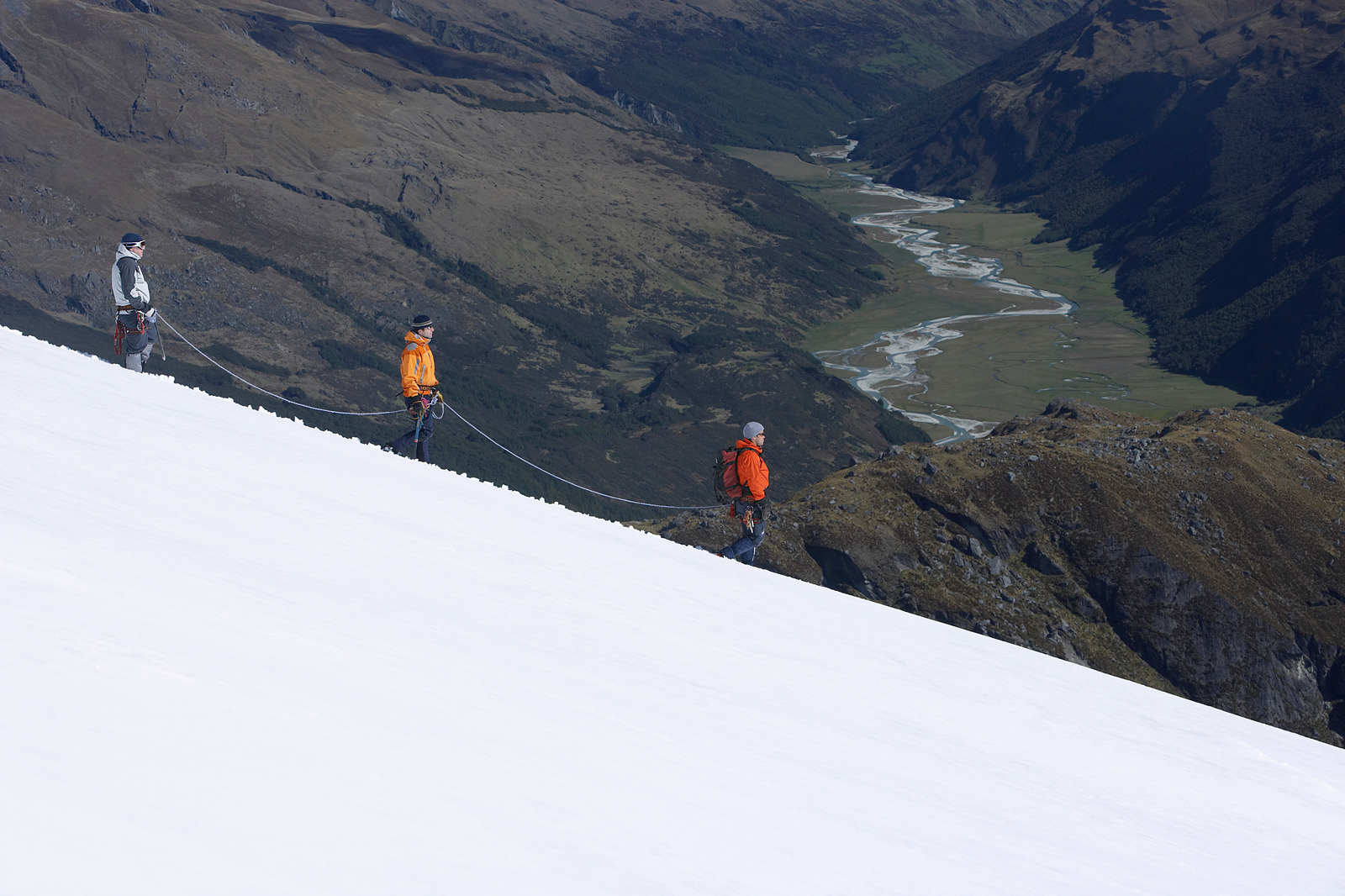Hi, Annie here. Today, I'm going to talk about an ailment that I'm sure most of you have experienced at one point or another- altitude sickness.
Whether it's hiking a mountain, flying in a plane, skiing the slopes, or traveling to a high-altitude city, altitude sickness can affect you. Let's discuss what it is and how to overcome it, so you can enjoy your next skiing adventure.
Don't let high altitudes ruin your trip!
What is Altitude Sickness?

Here are some quick facts about altitude sickness:
- It is caused from a lack of oxygen.
- Must be at least 3,000 meters above sea level.
- The symptoms can set in between 6-24 hours after reaching the new elevation.
- The symptoms can last up to 4 days.
Symptoms include:
- Vomiting
- Loss of appetite
- Dizziness
- Abdominal pain
- Headache
- Fatigue
- Shortness of Breath
Prevention

Slowly allowing your body to acclimate to the new elevation is the best way to prevent altitude sickness. For example, if you're climbing, climb slowly. If you're traveling to a high-altitude city, consider driving to your destination.
This way you're allowing your body to slowly get used to heightened elevation, rather than rapidly entering a spiked elevation.
Still, sometimes slow accumulation is not possible, like when you're flying or skiing. Make sure to drink plenty of water, avoid alcohol, avoid smoking, avoid strenuous exercise, and take it easy.
There are certain prescription or over-the-counter medication that may suit your needs. Speak with your doctor or a pharmacist about preventative treatments.
Treatment

Because it can take a few days for your body to acclimate to the high altitude, your symptoms can last for awhile. Let's talk about ways to manage the pain. First of all, you need to make sure you don't go any higher.
Let yourself rest for a full day. It may be tempting to have fun with your friends, but avoid this temptation. Your body will thank you for letting it relax. Still, it's important not to sleep, especially if there's no one there to check on you. Overworking your body during intense exercise will make you feel much worse.
Continue to hydrate by drinking water and electrolytes. If you don't feel better soon, you need to get down to a lower elevation. Remember, walk slowly. Rushing can lead to even more dizziness, fatigue, and pain. If your symptoms persist you may need to go to a hospital.
The most important treatment tip is to descend.
--------------
I hope you're able to make the most of your next high-altitude adventure! The more you know about altitude sickness, the better, as it can affect anyone at any time.
I hate to be a downer or a party-pooper, but it's always good to stay informed, particularly if you're an avid skier. After all, knowledge is power!
Try as best you can to prevent altitude sickness from occurring by slowly ascending, taking medication, and staying hydrated. If you do experience any of the above symptoms it's important to descend and seek treatment if necessary.
The next time you're in high altitudes, I wish you an enjoyable and safe adventure!
Annie Foley
Author
FNDN
P.S. Looking for a way to stay warm without all of the bulk? Check our FNDN Heated Skin-Fit Base Layer PRO! You can wear it beneath your jacket, coat, or even on its own!




